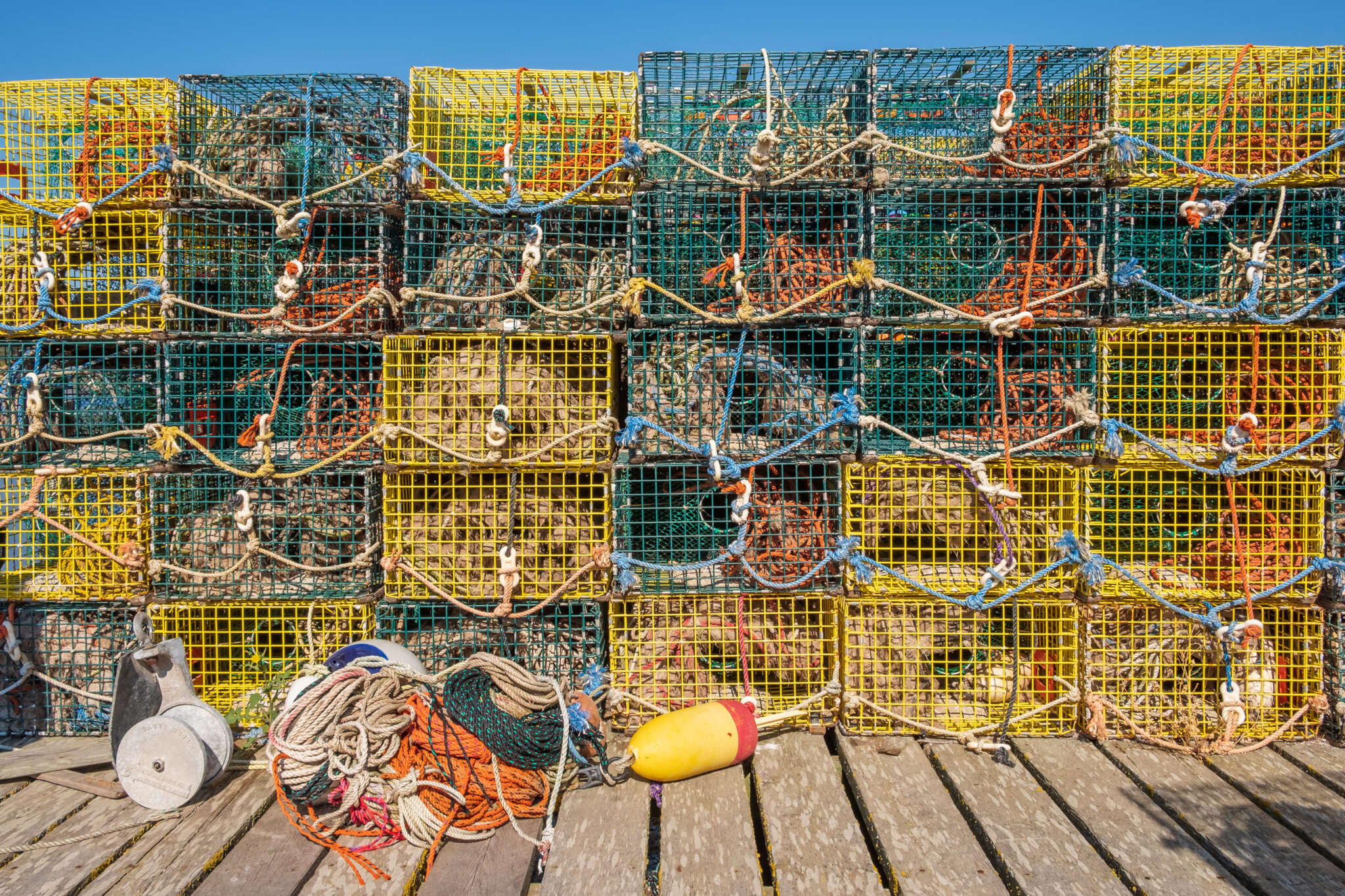
Seafood is a nutritional staple in the diets of many, but it’s no secret that the seafood industry is constantly under pressure from climate change. With rising temperatures, tides, and pollution, it’s hard to tell what impact these changes have on the seafood we consume. This blog post will explore how climate change affects the seafood industry, specifically Maine lobster population.
Sustainability
Climate change is significantly impacting the sustainability of the seafood industry. As temperatures rise, many fish species are forced to migrate, affecting local fishing industries that rely on those species. Warming temperatures have caused the lobsters to migrate farther north, which has impacted the local fishing industry and the economy in general. Despite efforts to preserve the population’s numbers, the decline in lobsters is a clear example of how environmental changes have a notable impact on the seafood industry.
Accessibility
Accessibility is another issue that arises as a result of climate change. Extreme weather conditions and natural disasters are disrupting seafood product distribution, directly affecting local fishermen. For example, if a major storm hits a certain area, the fishermen there may be unable to fish. As a result, seafood products become scarce, ultimately driving up prices and making it difficult for many to afford.
Quality
Seafood quality is also affected by climate change. The main issue is that rising ocean temperatures affect the various seafood ecosystems. Warm water can lead to harmful algal blooms, creating toxic environments that can be hazardous to seafood. In addition, warming oceans may cause fish to reproduce faster, making smaller individuals more commonplace, thereby requiring them to be caught in greater numbers. This issue, in turn, imposes an increased reliance on chemical additives and antibiotics, undermining the health and quality of the consumed seafood.
Maine’s ocean temperature has risen in the last few years, and this warming trend can lead to higher levels of acidity in the water. Acidification can make it more difficult for shellfish to create their shells. This may lead to not only a decreased availability of products but also risks to our health since shellfish are known for being great sources of essential nutrients.
Order Fresh Maine Lobster from Klenda Seafood
Climate change is not only an environmental issue but also an economic and public health issue, affecting the seafood industry and the consumer products it produces. The decline of the Maine lobster population from climate change highlights the adverse effect on local fishing industries and the economy in general. In addition, other aspects, such as accessibility and seafood quality, are also severely impacted by climate change. This is why it’s crucial to find reliable and trustworthy seafood sources and choose to support its sustainability and health for future generations.
Klenda Seafood provides sustainable, fresh Maine lobster and seafood amid these environmental challenges. So, if you’re looking for an ethical business that ensures you get the best quality seafood that’s free from the problems of climate change, order online or visit our South Portland location today!
